If, like me, you’re an Apple fan you know they announced a bunch of new products on Wednesday. It seems apparent to me the future is based on the iOS codebase, not OS X.
We now have iOS, watchOS, and tvOS. I may be wrong, but I suspect watchOS and tvOS are derivatives of iOS. It makes sense. When Apple created iOS they started at the bottom layer of the OS and worked their way up. They reused the Kernel and Core Foundation. On top of that they added UIKit and a touch layer to give us the unique experience we get with iOS today. The important thing to note is the OS was stripped down and made to fit the device it was built for, by fit I mean the feel as well as the size of the OS.
With iOS Apple took the opportunity to tighten up how applications could interact with the operating system. It’s still a very powerful OS, but Apple removed all the power user features. The ability to peek under the hood is gone. As a developer we’re no longer given access to all parts of the computer. We all get our own little sandbox to play in. This was all done so bad people couldn’t turn your phone into a virus factory. In other words, it was done in the name of securing the device, making sure it would always work. It is Apple’s most secure operating system, and that’s saying a lot given OS X’s reputation.
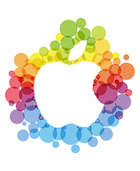 Why all the talk about iOS? Well, I think it’s the future of the desktop. With the introduction of the iPad Pro Apple is beginning to blur the line between tablet and desktop. It’s the first hybrid device for Apple. We all know Microsoft created the Surface years before. Where Microsoft took the approach of bringing a full desktop operating system to the Surface, Apple decided to begin with iOS and work up. Folks will say this will make iPad Pro less powerful, I don’t think so. How much “power” do you need? It’s not as if people really care about technical specs when they buy computers, right? Well, if you do, iPad Pro is more than capable.
Why all the talk about iOS? Well, I think it’s the future of the desktop. With the introduction of the iPad Pro Apple is beginning to blur the line between tablet and desktop. It’s the first hybrid device for Apple. We all know Microsoft created the Surface years before. Where Microsoft took the approach of bringing a full desktop operating system to the Surface, Apple decided to begin with iOS and work up. Folks will say this will make iPad Pro less powerful, I don’t think so. How much “power” do you need? It’s not as if people really care about technical specs when they buy computers, right? Well, if you do, iPad Pro is more than capable.
Bringing laptop class power to a tablet has fueled speculation that the Mac could move to ARM processors, or maybe it’s better to say OS X could run on ARM.
Rich Siegel via Twitter:
It’s not a stretch to believe OS X will be completely ported to ARM — remember iOS shares core code with OS X. In fact it may already run on ARM processors.
That brings me to the point of this post. I’m beginning to believe iOS, and Universal Apps, are the future of everything Apple ships. Not only will OS X be ported to ARM at some point, I believe we will see an Apple laptop based on ARM processors running iOS. It will be the familiar clamshell design we’re all familiar with but will have a touch screen, full keyboard, trackpad, and you’ll be able to pull the display part away from the base (keyboard.)
This is how I believe Apple unifies its story. We have iOS, watchOS, tvOS, and in the future macOS. With macOS being the version based on the iOS App ecosystem. OS X will continue to live as the power user option in the Apple lineup.
For many people it would eliminate any confusion over the difference between OS X and iOS based App Stores, as Daniel Jalkut pointed out in a recent Twitter post.
How long before we see the new macOS?
Why, oh why, would I believe that? Well, it seems like a natural evolution of iOS. When iOS first shipped it was a tiny OS, over time it has grown to add more and more rich features, but it remains quite tiny, very secure, and built to serve a new model, an easier model. Couple that with new features of iOS 9, like split views and picture in picture, and you can see the OS moving in a new direction. We’re at the crux of applications cooperating with each other to create unique experiences. This isn’t new, far from it, but it will be reimagined on iOS. It will give us the power we’ve been looking for and maintain all the security we’ve come to love. That’s why iOS is so valuable.
Think about “the average user” of a computer. I’m not talking about super-geeks, like my brother that need those super power user features a lot of developers enjoy, I’m talking about folks like my wife. She is a gamer and uses her home MacBook to play games, surf the web, answer and create email, and play games. On occasion she will compose a document using Pages. This type of use would be fine for an iOS based device.
The iPad can also be used for day-to-day use. Federico Viticci uses an iPad as his daily driver and swears by it. I have to believe the iPad Pro will be a welcome addition to his daily workflow.
We should also keep in mind the partnership Apple formed with IBM to create solutions for the enterprise. This is how Apple rounds out its offerings for businesses. Get a third party to make the iPad attractive to businesses.
Oh, yeah, and one more thing. Tim Cook loves his iPad!
In the end could you imagine how wonderful a Mac laptop would be running a form of iOS built just for the hardware? Something that is essentially an iPad with the addition of a keyboard and possibly a mouse? It feels like the Mac could evolve in that direction.

 Of course they don’t have to go all in. I doubt they’d be that extreme. There are simple things they could do to unify Cocoa and Cocoa Touch. An extremely simple example I can think of is unifying
Of course they don’t have to go all in. I doubt they’d be that extreme. There are simple things they could do to unify Cocoa and Cocoa Touch. An extremely simple example I can think of is unifying  I penned everything above quite a while back, March 11, 2018 to be exact.
I penned everything above quite a while back, March 11, 2018 to be exact.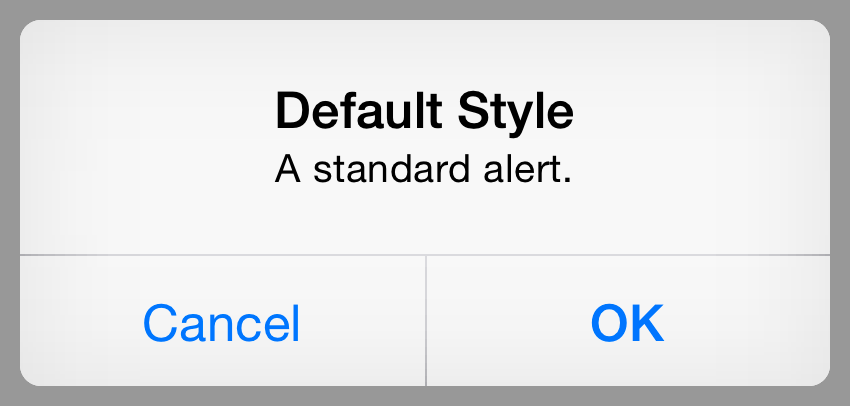
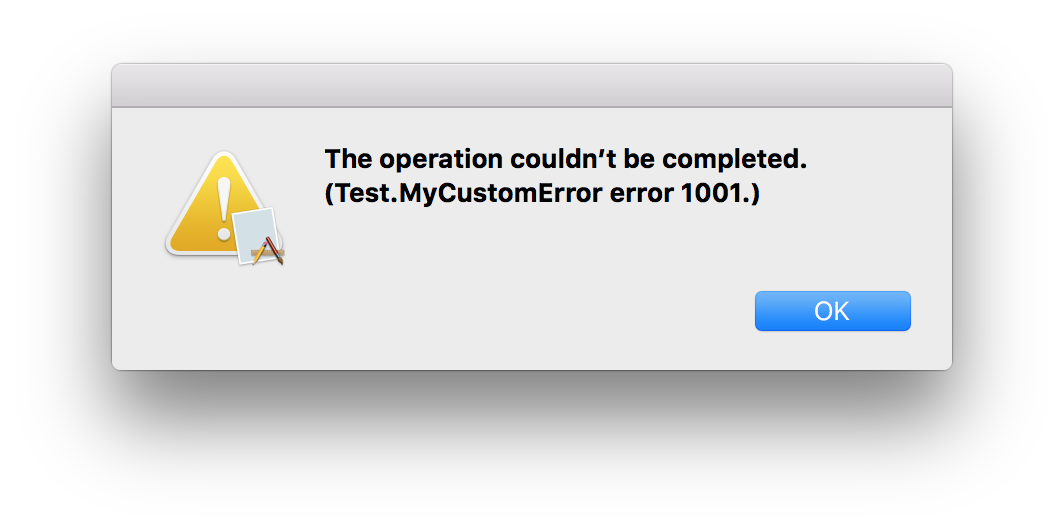
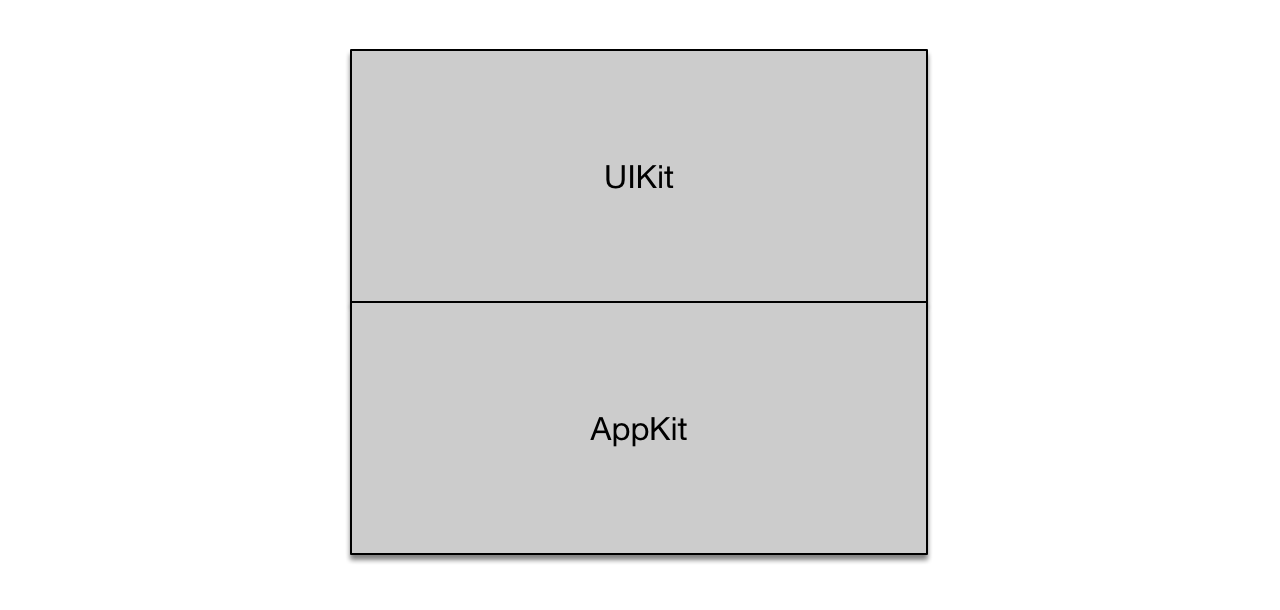
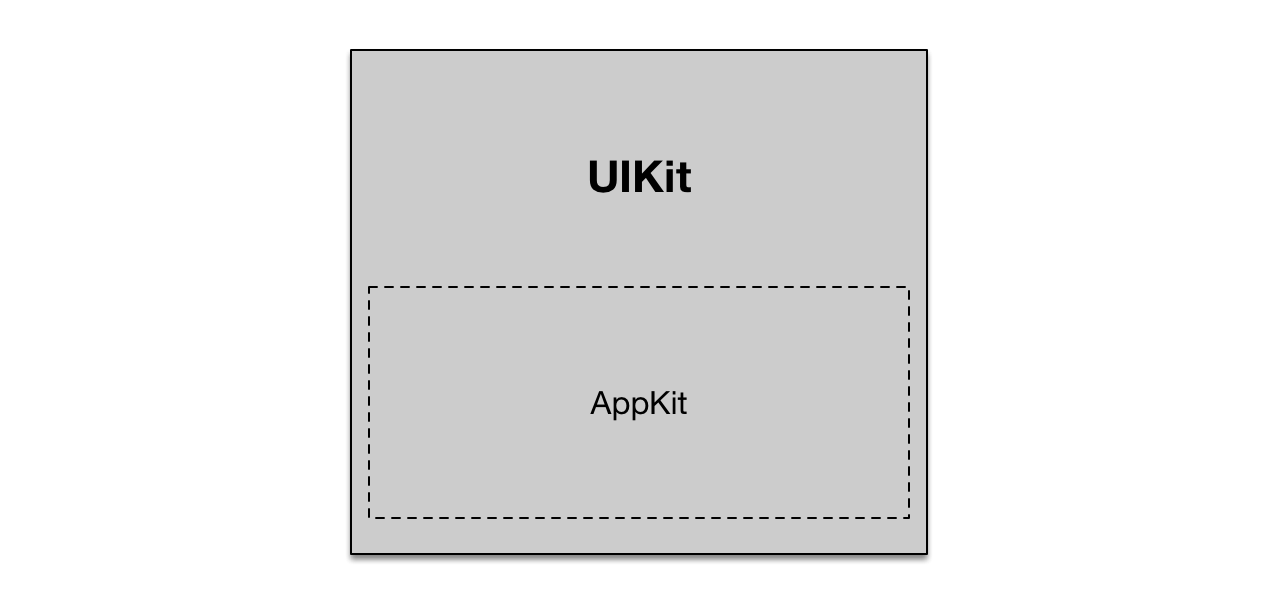
 I’m kind of a knucklehead. I spent almost 20-years doing native
I’m kind of a knucklehead. I spent almost 20-years doing native  I would imagine this idea makes app developers cringe. What about all those years invested in Cocoa? For years to come I would imagine Cocoa apps would receive plenty of support and still be first class citizens.
I would imagine this idea makes app developers cringe. What about all those years invested in Cocoa? For years to come I would imagine Cocoa apps would receive plenty of support and still be first class citizens.  Why all the talk about iOS? Well, I think it’s the future of the desktop. With the introduction of the iPad Pro Apple is beginning to blur the line between tablet and desktop. It’s the first hybrid device for Apple. We all know Microsoft created the Surface years before. Where Microsoft took the approach of bringing a full desktop operating system to the Surface, Apple decided to begin with iOS and work up. Folks will say this will make iPad Pro less powerful, I don’t think so. How much “power” do you need? It’s not as if people really care about technical specs when they buy computers, right? Well, if you do, iPad Pro is
Why all the talk about iOS? Well, I think it’s the future of the desktop. With the introduction of the iPad Pro Apple is beginning to blur the line between tablet and desktop. It’s the first hybrid device for Apple. We all know Microsoft created the Surface years before. Where Microsoft took the approach of bringing a full desktop operating system to the Surface, Apple decided to begin with iOS and work up. Folks will say this will make iPad Pro less powerful, I don’t think so. How much “power” do you need? It’s not as if people really care about technical specs when they buy computers, right? Well, if you do, iPad Pro is 